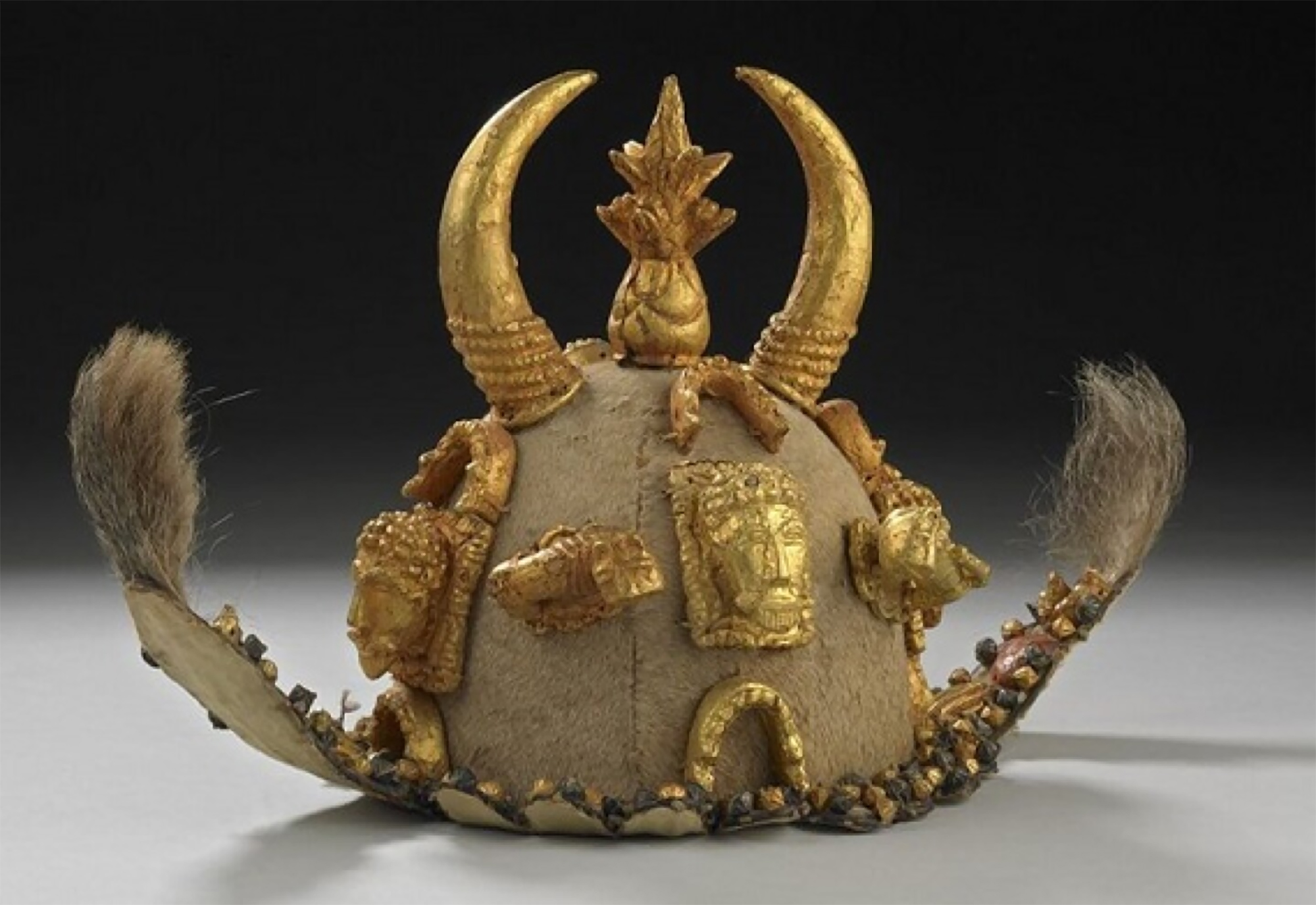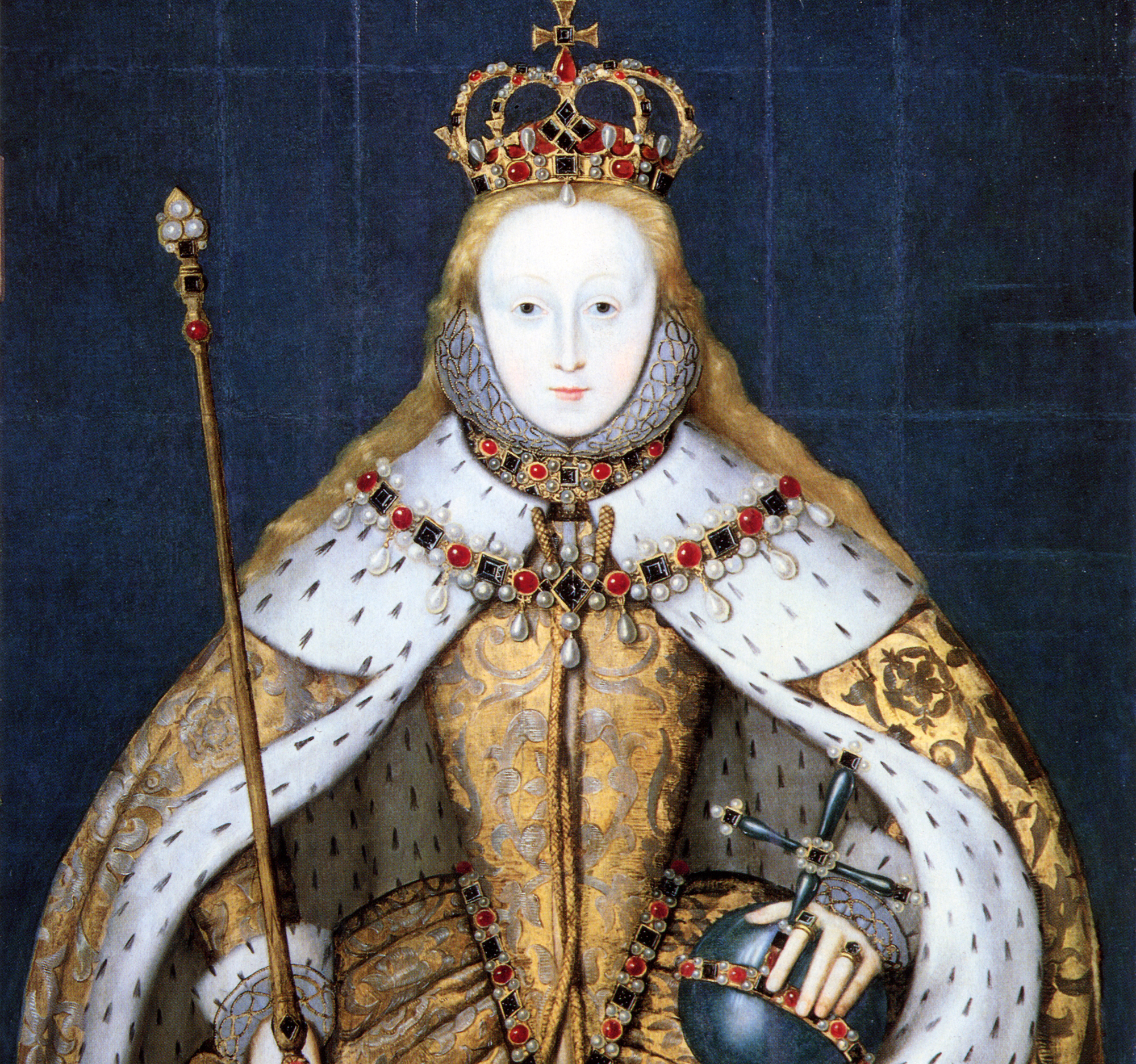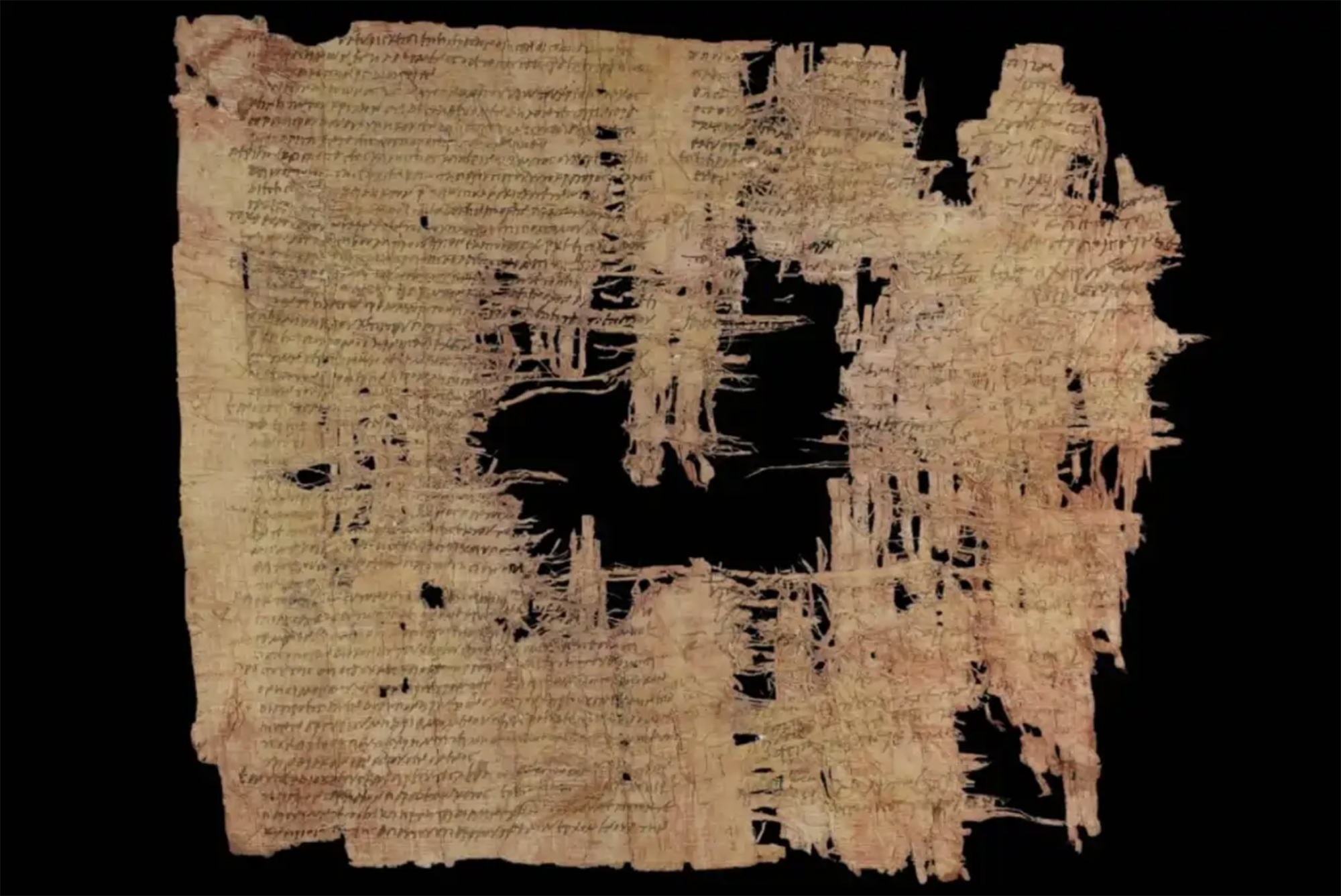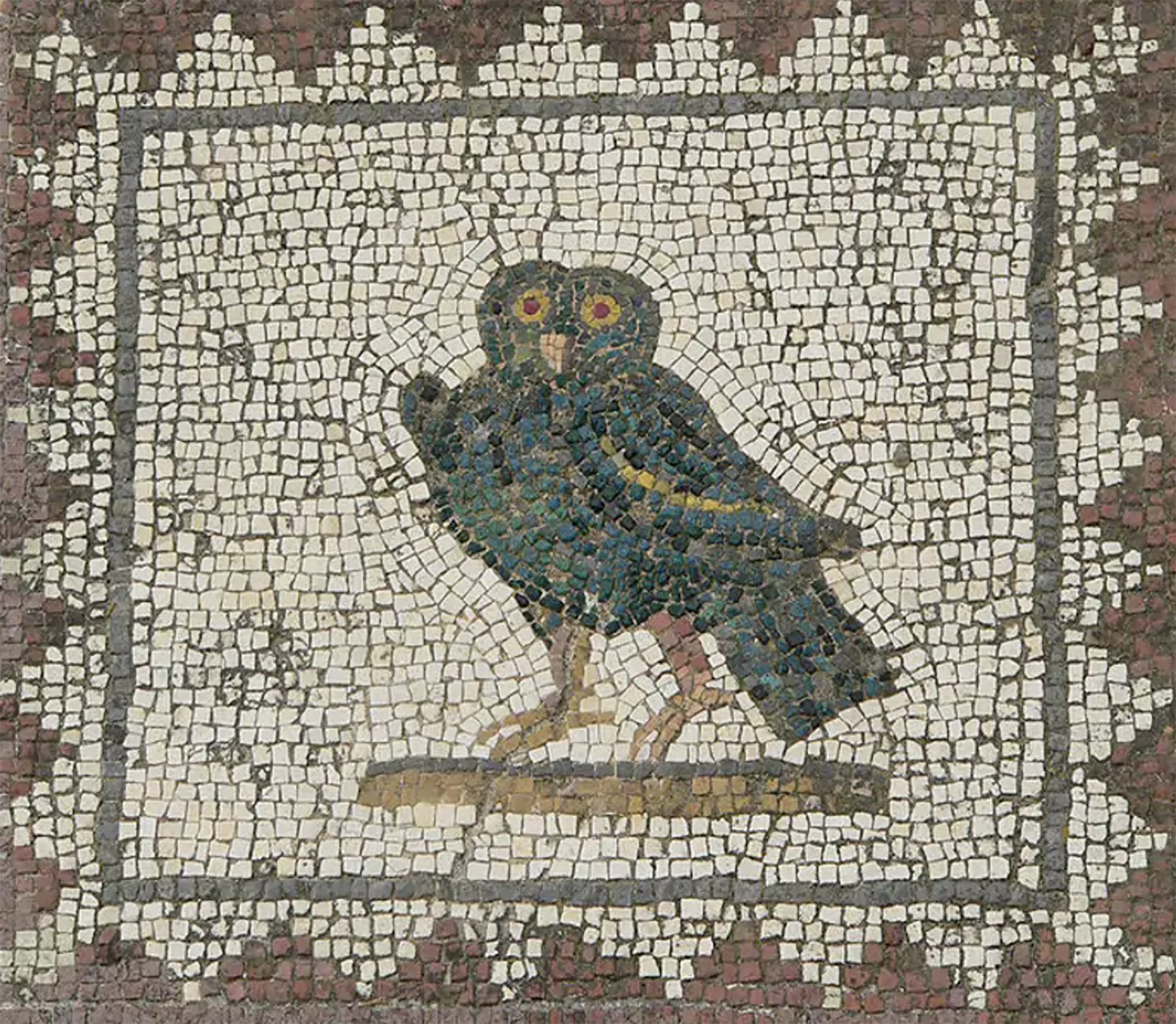Migas for Africa

Ghana, 1823. The first war begins between the Ashanti Empire and the British. In total, there were four wars that lasted until 1901. Previously, Europeans controlled the country’s Gold Coast. But the abolition of slavery in 1807 led to the decline of the coastal business and the members of the Ashanti ethnicity took advantage of extending the interior kingdom to the coast. Finally, the British won the conflict and Ghana would have been protectorate until independence was achieved (1957).
During the conflict, the British used Ashanti to plunder the artistic and cultural heritage of the Empire, as was done in many other places in Africa and the British Empire in general. Now back in Ghana 32 stolen pieces from the Ashanti King’s Court: several gold badges, a ring, a pipe, a ceremonial cap… Of these 17 belong to the Victoria & Albert Museum and another 15 to the British Museum. But that return will take place under special conditions. On the one hand, the number of pieces is very small and, on the other hand, the pieces will not be permanently in Ghana, but will be refunded by a three-year loan, by means of a contract which may be extended by a further three. In addition, the pieces will not be left to the Government of Ghana, but to the hands of King Otumfo Osei Tutu II ashanti, who is currently performing only ceremonial functions.
Such reimbursement shall be made under special conditions. On the one hand, the number of pieces is very small and, on the other hand, the pieces will not be permanently in Ghana, but will be returned in a three-year loan, by means of a contract which may be extended by a further three years.
Nana Oforiatta Ayim, advisor to the Ghana Minister of Culture, has pointed out that these pieces are “part of the soul of the nation” and that the loan is “a good starting point”. But not everyone thinks the same thing in Ghana and elsewhere in Africa, like Nigeria, which has been fighting for decades to return the Bronces of Benin, and many believe that accepting the loan is recognizing that these pieces are owned by the United Kingdom.
“Sharing” the Polite
The British statements have only increased the concern of many Africans. Tristam Hunt Victoria & Albert, director of the museum, wanted to reassure the other European museums with expolited heritage, ensuring that this loan contract will not open doors to return the heritage to its origin. In addition, Hunt explains that these few pieces he is going to return were looted under special conditions, as they were looted during the war: “If museums have war-minded objects or looted in military campaigns, it is our responsibility to think about how to share those objects more fairly with the countries of origin.”
On the one hand, when talking about sharing, it closes the doors to definitive return. On the other hand, it greatly limits the cases of expoliation that it considers should be studied; many of them were “legal”, that is, they were carried out without breaking the laws of the time, but always between the dominant and dominated countries, in a relationship of unequal power. In short, responding to a few “conflicting” cases, they seek to strengthen the legitimacy of most others.
In addition, the debate on the return of the expolite focuses on specific media issues, such as the Parthenon marbles at the British Museum or the Nefertiti bust at the Berlin Museum. If these cases, which have been locked up for decades, were resolved in favour of the countries of origin, perhaps they could open the way to solving other polies in the same way. But meanwhile, the pieces remain in the shadow of those “stars” without echo, without the possibility of pressing.
And so they have no choice but to accept the crumbs offered by Western museums, even though they know that this reinforces and perpetuates the ownership of expoliators.
Linear A is a Minoan script used 4,800-4,500 years ago. Recently, in the famous Knossos Palace in Crete, a special ivory object has been discovered, which was probably used as a ceremonial scepter. The object has two inscriptions; one on the handle is shorter and, like most of... [+]
Londres, 1944. Dorothy izeneko emakume bati argazkiak atera zizkioten Waterloo zubian soldatze lanak egiten ari zela. Dorothyri buruz izena beste daturik ez daukagu, baina duela hamar urte arte hori ere ez genekien. Argazki sorta 2015ean topatu zuen Christine Wall... [+]
Bilbo, 1954. Hiriko Alfer eta Gaizkileen Auzitegia homosexualen aurka jazartzen hasi zen, erregimen frankistak izen bereko legea (Ley de Vagos y Maleantes, 1933) espresuki horretarako egokitu ondoren. Frankismoak homosexualen aurka egiten zuen lehenago ere, eta 1970ean legea... [+]
Japonia, XV. mendea. Espioitzan eta hilketa ezkutuetan espezializatutako eliteko talde militarra sortu zen. Edo horixe uste du behintzat Stephen Turnbull historialari britainiarrak. Beste aditu batzuen ustez, askoz lehenago sortu ziren ninjak, duela 2.300-2.500 urte inguru. Eta... [+]
Eskultura grekoerromatarrek bere garaian zuten itxurak ez du zerikusirik gaurkoarekin. Erabilitako materiala ez zuten bistan uzten. Orain badakigu kolore biziz margotzen zituztela eta jantziak eta apaingarriak ere eransten zizkietela. Bada, Cecilie Brøns Harvard... [+]
Chão de Lamas-eko zilarrezko objektu sorta 1913an topatu zuten Coimbran (Portugal). Objektu horien artean zeltiar jatorriko zilarrezko bi ilargi zeuden. Bi ilargiak apaingarri hutsak zirela uste izan dute orain arte. Baina, berriki, adituek ilargietan egin zituzten motibo... [+]
Hertfordshire (Ingalaterra), 1543. Henrike VIII.a erregearen eta Ana Bolenaren alaba Elisabet hil omen zen Hatfield jauregian, 10 urte besterik ez zituela, sukarrak jota hainbat aste eman ondoren. Kat Ashley eta Thomas Parry zaintzaileek, izututa, irtenbide bitxia topatu omen... [+]
Luxorren, Erregeen Haranetik gertu, hilobi garrantzitsu baten sarrera eta pasabide nagusia aurkitu zituzten 2022an. Orain, alabastrozko objektu batean Tutmosis II.aren kartutxoa topatu dute (irudian). Horrek esan nahi du hilobi hori XVIII. dinastiako faraoiarena... [+]
AEB, 1900eko azaroaren 6a. William McKinley (1843-1901) bigarrenez aukeratu zuten AEBetako presidente. Berriki, Donald Trump ere bigarrenez presidente aukeratu ondoren, McKinleyrekiko miresmen garbia agertu du.
Horregatik, AEBetako mendirik altuenari ofizialki berriro... [+]
Urruña, 1750eko martxoaren 1a. Herriko hainbat emakumek kaleak hartu zituzten Frantziako Gobernuak ezarritako tabakoaren gaineko zergaren aurka protesta egiteko. Gobernuak matxinada itzaltzeko armada bidaltzea erabaki zuen, zehazki, Arloneko destakamentu bat. Militarrek... [+]
In the Maszycka cave in Poland, remains of 18,000 years ago were found at the end of the 19th century. But recently, human bones have been studied using new technologies and found clear signs of cannibalism.
This is not the first time that a study has reached this conclusion,... [+]
Porzheim, Germany, February 23, 1945. About eight o’clock in the evening, Allied planes began bombing the city with incendiary bombs. The attack caused a terrible massacre in a short time. But what happened in Pforzheim was overshadowed by the Allied bombing of Dresden a few... [+]
Judea, 2nd century AD. In the turbulent atmosphere of the Roman province, a trial was held against Gaddaliah and Saul, accused of fraud and tax evasion. The trial was reported on a 133-line paper in Greek (pictured). Thinking that it was a Nabataean document, the papyrus was... [+]
Poloniar ikerlari talde batek Sevillako Italica aztarnategiko Txorien Etxea aztertu du, eta eraikinaren zoruko mosaikoak erromatar garaiko hegazti-bilduma xeheena dela ondorioztatu du.
Txorien etxean 33 hegazti daude mosaikoetan xehetasun handiz irudikatuta. Beste... [+]
Vietnam, February 7, 1965. The U.S. Air Force first used napalma against the civilian population. It was not the first time that gelatinous gasoline was used. It began to be launched with bombs during World War II and, in Vietnam itself, it was used during the Indochina War in... [+]

























